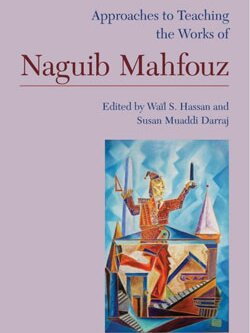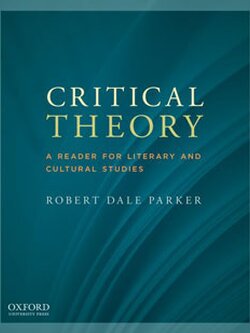Naguib Mahfouz is the Arab world’s best-known writer and the single most important chronicler and analyst of twentieth-century Egypt. He was awarded the Nobel Prize in Literature in 1988, and since then his work has been increasingly studied in North American university classrooms. This first volume in the MLA series Approaches to Teaching World Literature to focus on an Arab author or Arabic literature provides an introduction to Mahfouz.
In part 1, “Materials,” the editors discuss Mahfouz’s background, influence, and critical reception. In part 2, “Approaches,” the volume’s contributors offer information, resources, and insights for teaching his work. Topics covered include the Arabian Nights tradition in Mahfouz’s work, the challenge of teaching Mahfouz in English translation, the Nasserite intellectual in The Beggar, the image of Alexandria in Miramar, the bitterness of British occupation in Midaq Alley, and the quest of Sufism in “Zaabalawi.”

